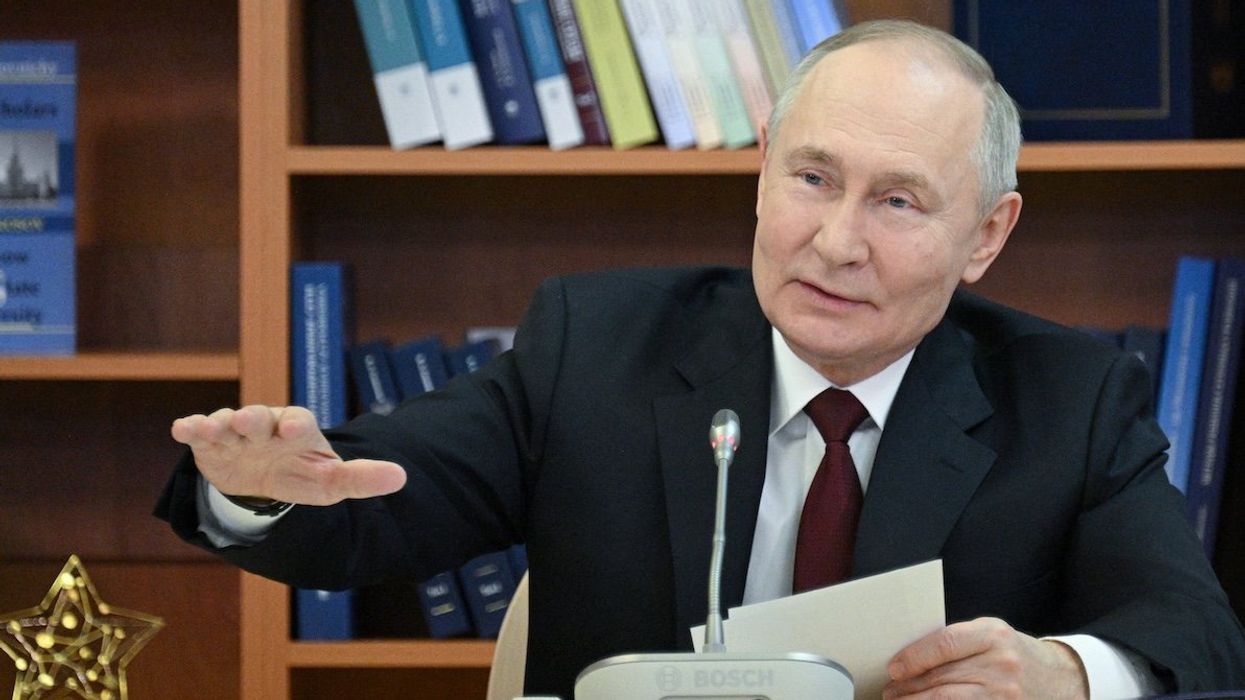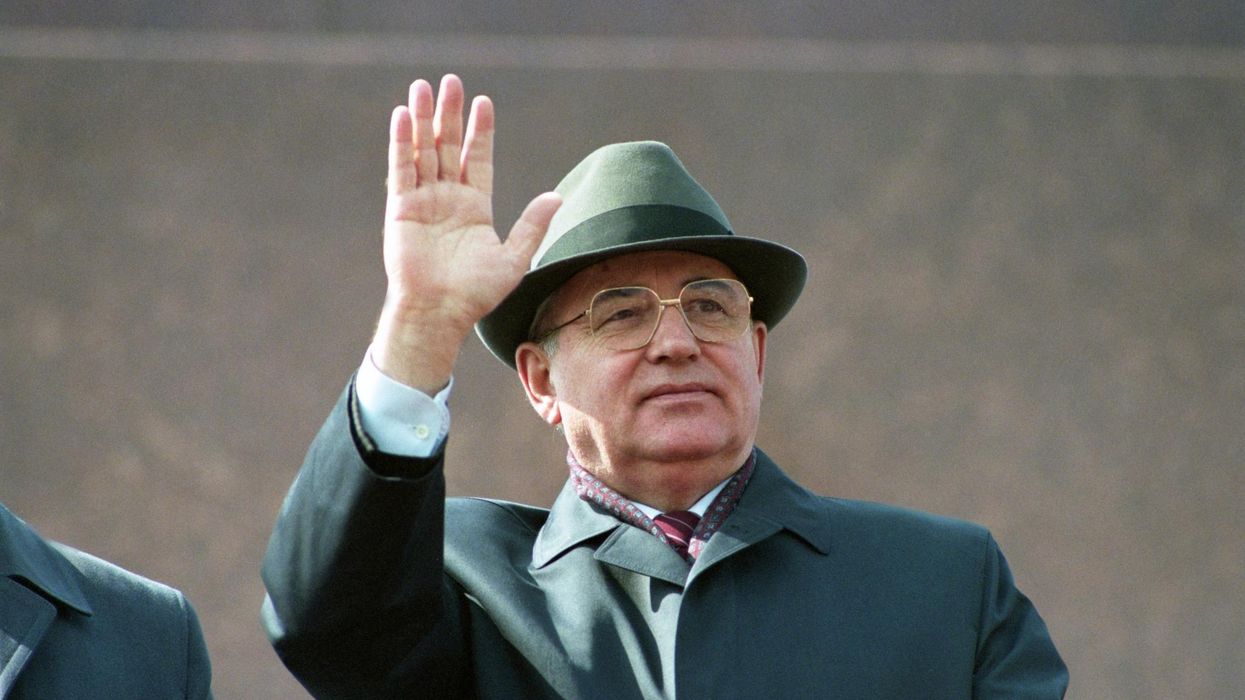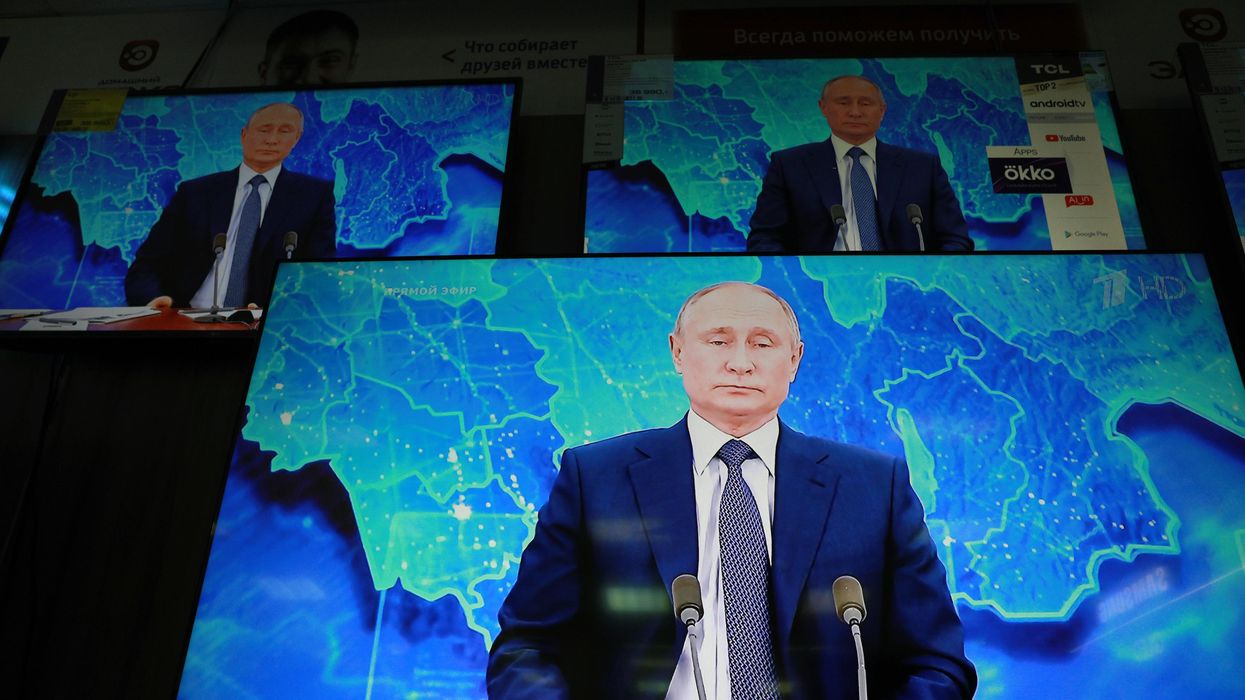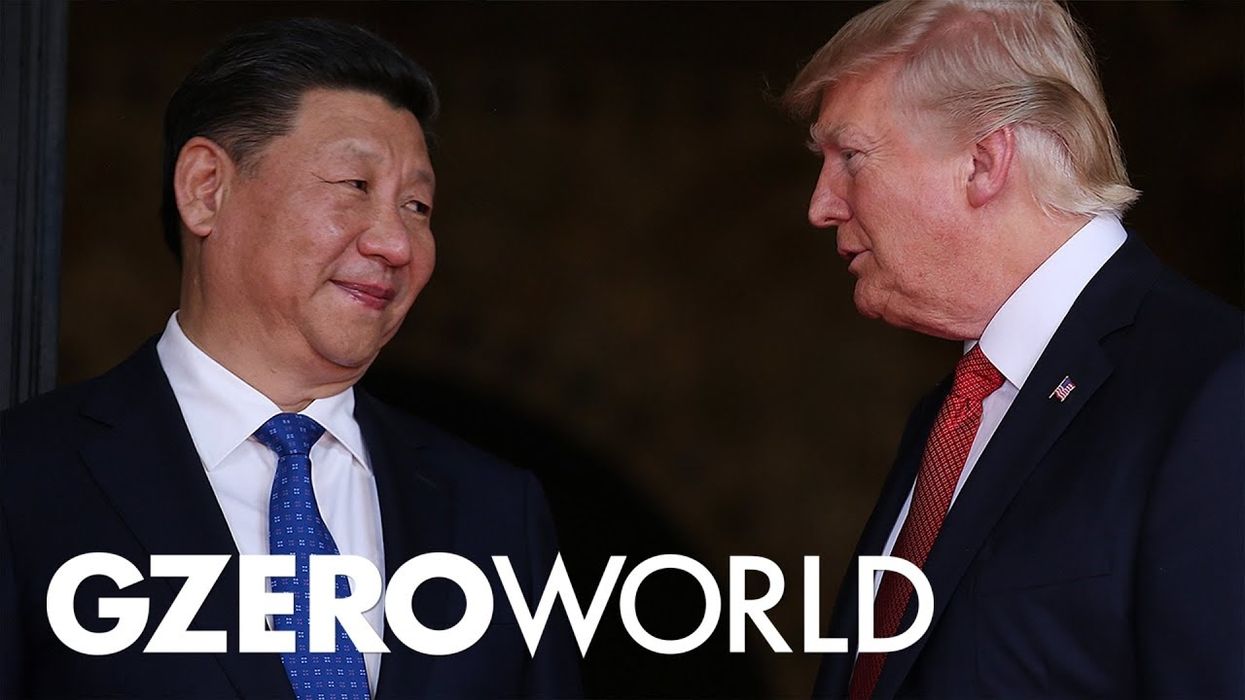What We're Watching
Putin looks back to the future
What future does Vladimir Putin imagine for Russia? That’s been a crucial question for those in Europe and the United States who want to know what he might want in exchange for peace with Ukraine. A leaked Russian government report offers a few possible answers.
Feb 10, 2025




